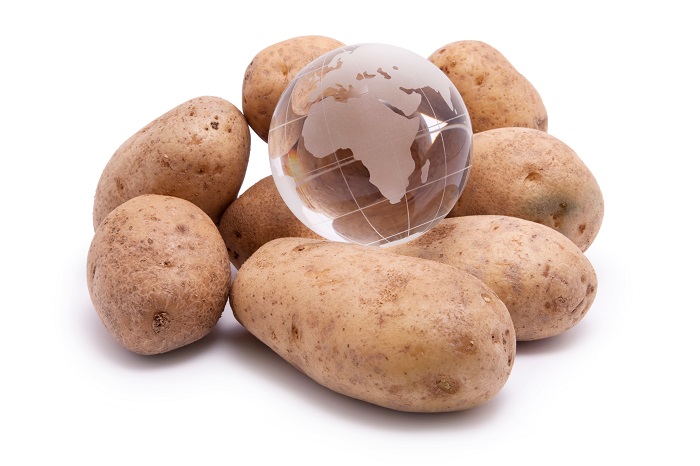Author: Agnes Liu
Is it a cliche to say vegetarianism can save the world?
Yes, but cliches are often true, and that’s why they are cliches. Researchers said greening up your diet can certainly help lower your carbon footprint and lessen the impacts on climate change. But despite the knowledge about the advantages of a vegetarian diet, people tend to procrastinate and delay kicking old eating habits. It will help if you start by increasing the proportion of vegetables in your diet before turning into a vegetarian or vegan.
To understand the issue, let’s look at some statistics first.
The planet’s average surface temperature has risen about 1.18 degrees Celsius since 1880, while the cattle rearing industry is the No. 1 source of greenhouse gases worldwide. Each year, a cow will belch about 220 pounds of methane, while methane is 28 times more potent than carbon dioxide in warming the atmosphere.
To produce one single serving of beef, we end up emitting 328 grams of carbon, while the carbon emission is only 14 grams for the equivalent serving of vegetables. Livestock accounts for about 14% of global greenhouse gas emissions. According to a survey, an average person will chow down 7,000 animals in their lifetime. That means just by going veggie, you can save 7,000 animals from dying a premature death in a horrendous killing process, save them from going through the hellish condition in factory farms and the pain of being separated from their mothers.
According to data from the United Nations, half of the grains we produce are used to feed cattle. Yet, about 8.9% of the world’s population (690 million people) go to bed on an empty stomach each night, and the figure is on the rise.
A study found that people who switch to a vegetarian diet can save 567,812 liters of water per year. The water saved sounds especially precious against the backdrop that more than half of the world’s population suffers from extreme water scarcity for at least one month a year. Scientists estimated that by 2040, up to 20 more countries could be experiencing water shortages.
If you are health conscious, you may be shocked by the findings of a study conducted by the University of Oxford tracing the health of 1.4 million people over 30 years. Researchers concluded that each 50 gram per day higher intake of processed meat increased the risk of coronary heart disease by 18%; each 50 gram per day higher intake of unprocessed red meat (such as beef, lamb and pork) increased the risk of coronary heart disease by 9%; even moderate intakes of red and processed meat are associated with increased risk of bowel cancer.
Still hesitating? The small step we make to change our diet can save the world from global warming and food and water shortages, salvage our health, and make the Earth a place of love and kindness for our fellow earthlings. Going veggie may be the most effortless and effective way to contribute to a better world.

